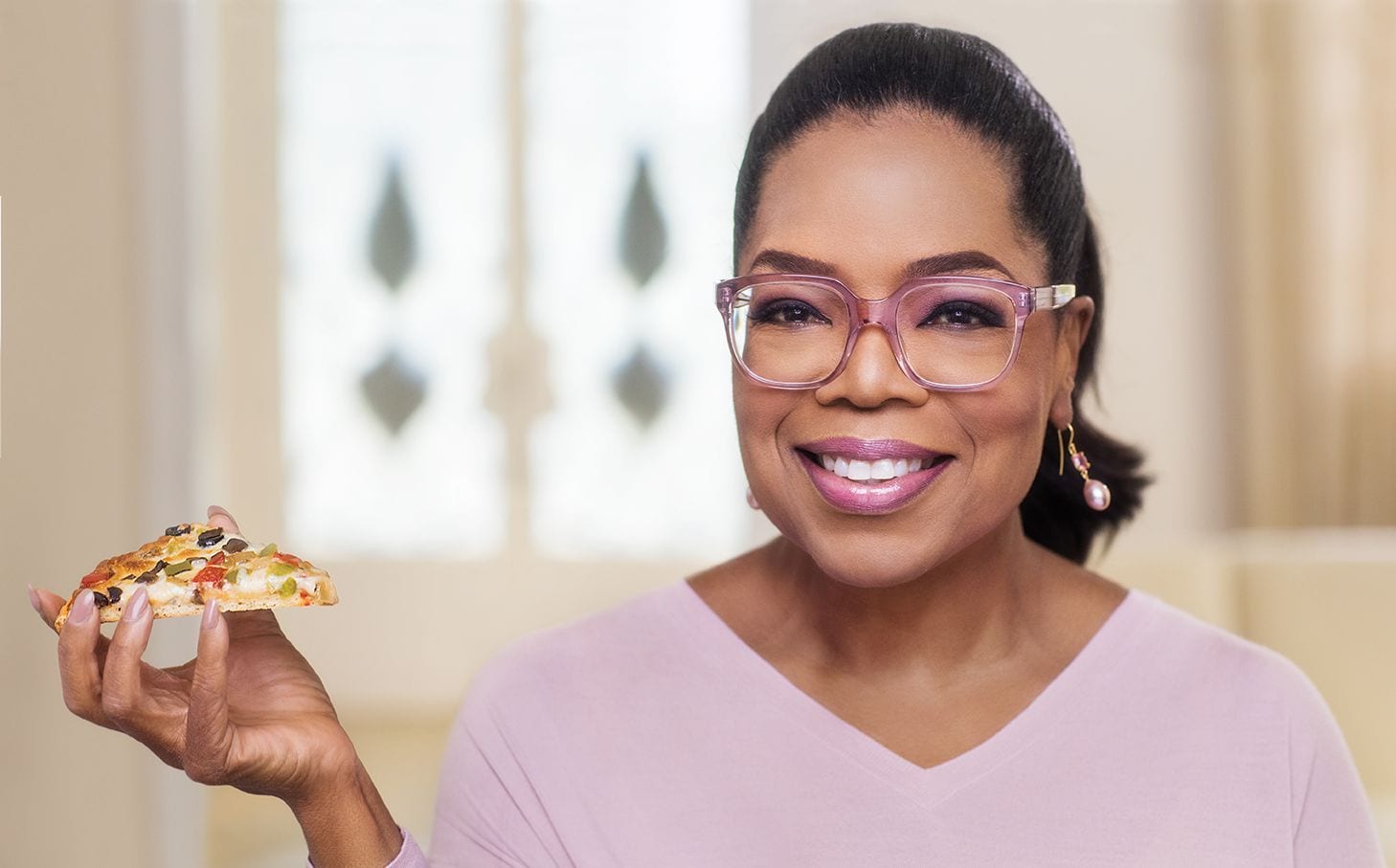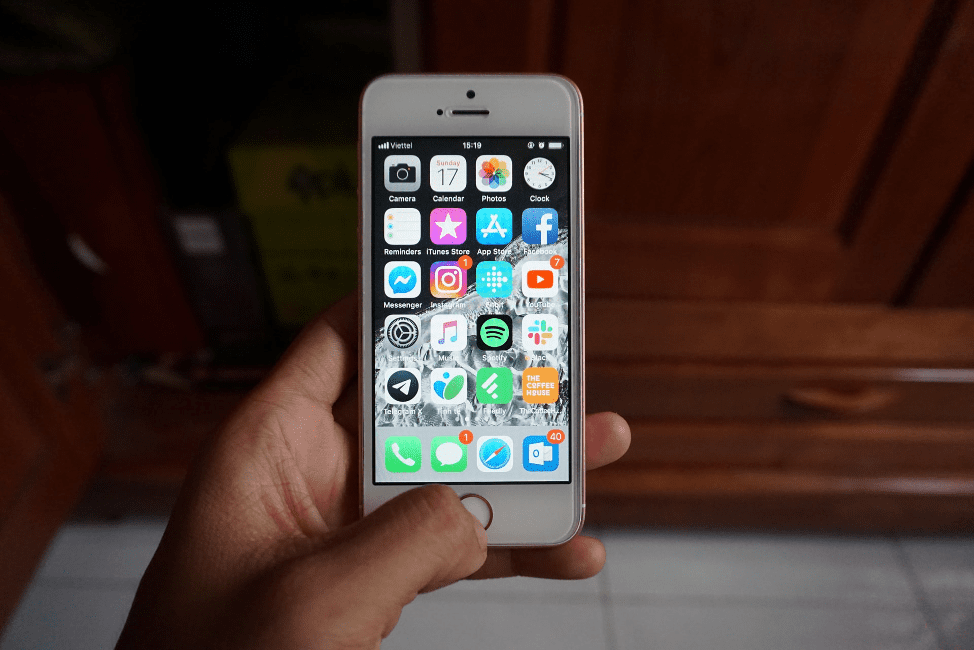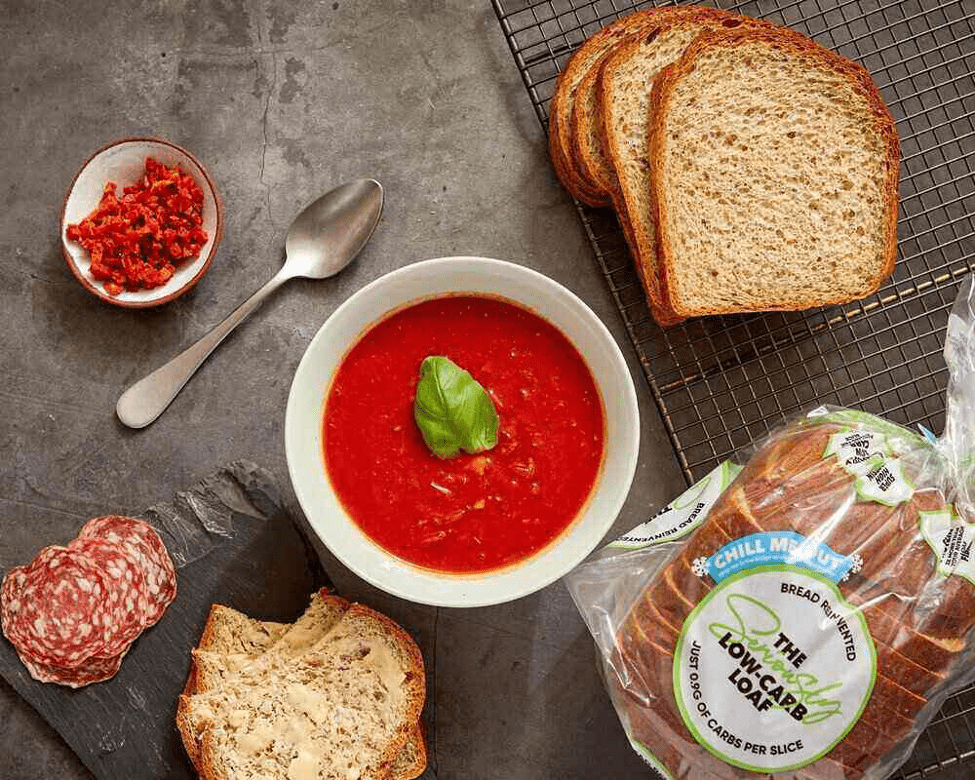The concept of clean living has become more popular than ever. The reasons behind it have also become more apparent as clean living isn’t just a way to keep you healthy but also to preserve the quality and integrity of the environment so it can sustain life even better.
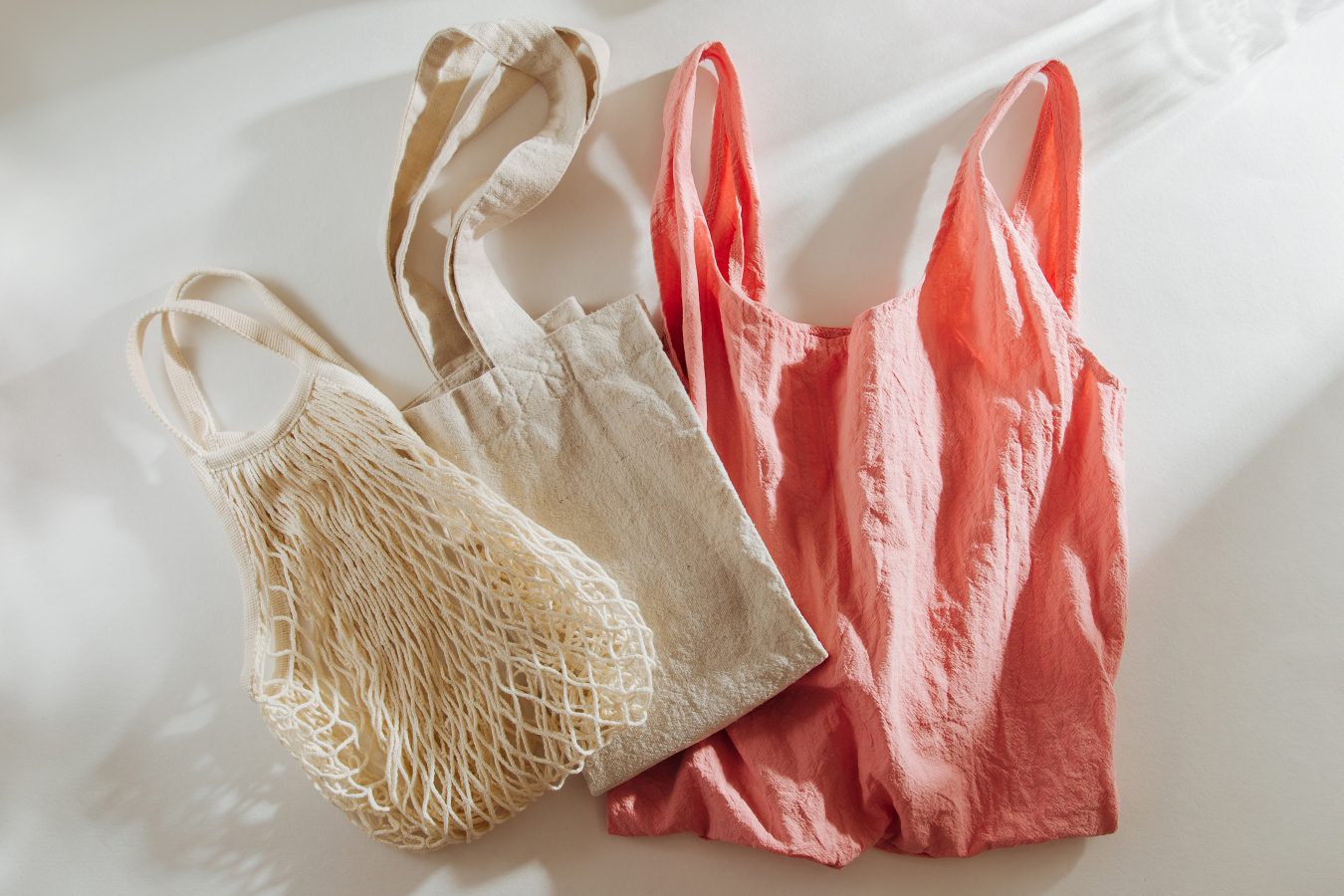
Eco-Age | Clean living is an increasingly popular concept that limits unnecessary purchases and consumption of the Earth's natural resources
Unfortunately, this type of lifestyle is not so simple for many people because they are already used to habits that are not necessarily in that line. It has never been a conscious part of them so it may be difficult to make that change.
Notwithstanding, there are practical steps to take and habits to imbibe that will make this process more feasible thereby helping more people make this change for their good and the good of the environment.
You may or may not be aware of this fact, but people make a lot of unnecessary purchases routinely. The next time you’re about to make a purchase---out of habit or for any other reason---first stop and consider some things about that purchase.
Is it important to buy that cup of coffee? Do you need to buy more groceries? Is there a trip you need to take that requires buying gas? Do you deserve that pastry treat right now? You probably do need some of those things, but it’s asking questions like this that can help you filter what the real necessities are.
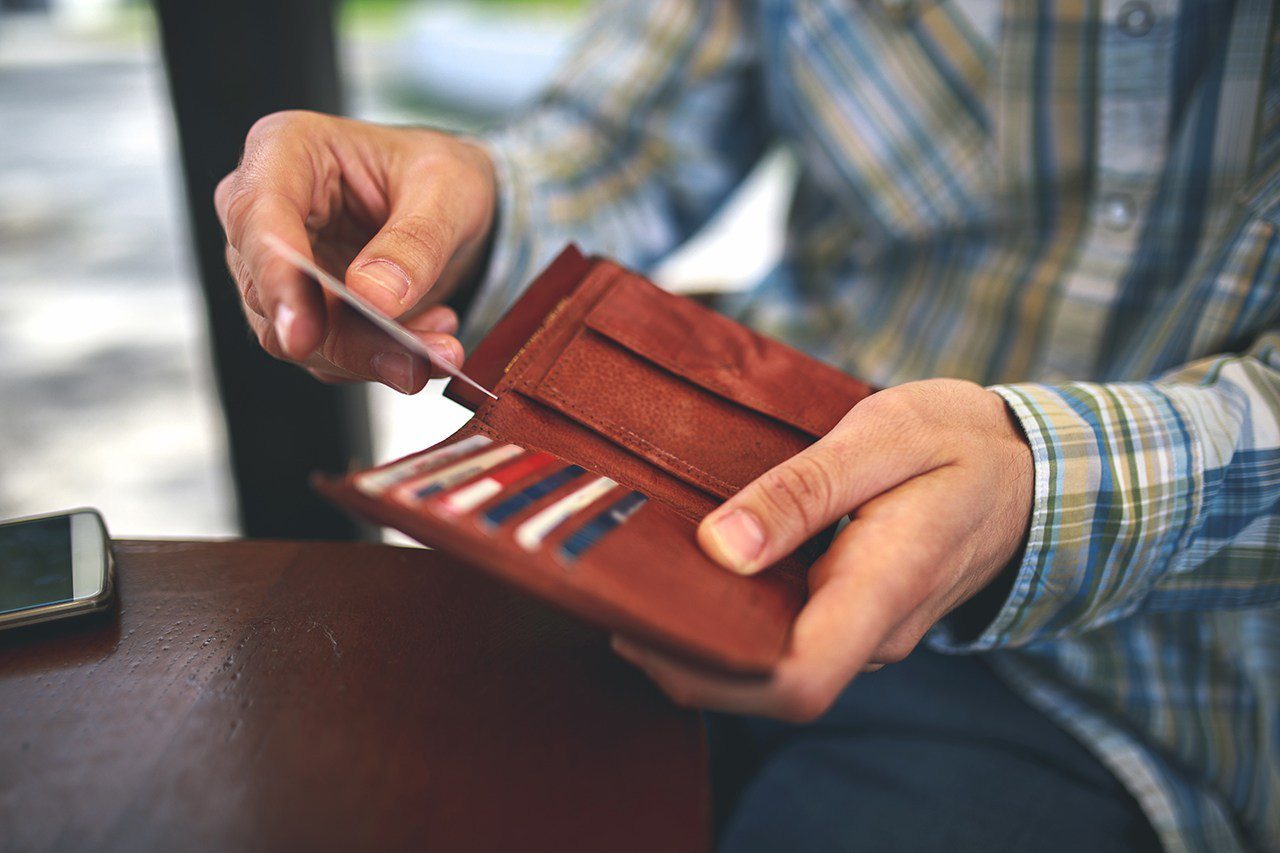
Money Mentors | You may or may not be aware of this fact, but people make a lot of unnecessary purchases routinely
To live a clean life for yourself and the environment you must reduce consumption of its natural resources, which is why you should take this practical step. It doesn’t have to be a sudden change but try it one day and see how you can continue doing so.
It’s also time to make the switch from using paper towels to using dishcloths to clean home surfaces. These last a lot longer than paper towels of course and they are more friendly to the environment as well as to your tables and counters because paper towels contain bleach in them.
In the kitchen especially, where food is usually handled on these counters, it makes sense to avoid using chemicals on the surfaces. Additionally, the paper towels are not reusable and therefore contribute extra waste to the environment, unlike the dishcloths that can last for years and helps you learn to reuse items. When using dishcloths, you can clean your surfaces using only water or you can make your own natural cleaning solution with some lime or vinegar.
Another practical step for clean living that would protect you and the environment is to stop using plastics that can only be used once. This only adds more waste to the environment that is not eco-friendly and goes ahead to block drainages and disrupt ecosystems. Simply put they are pollutants of water and land.
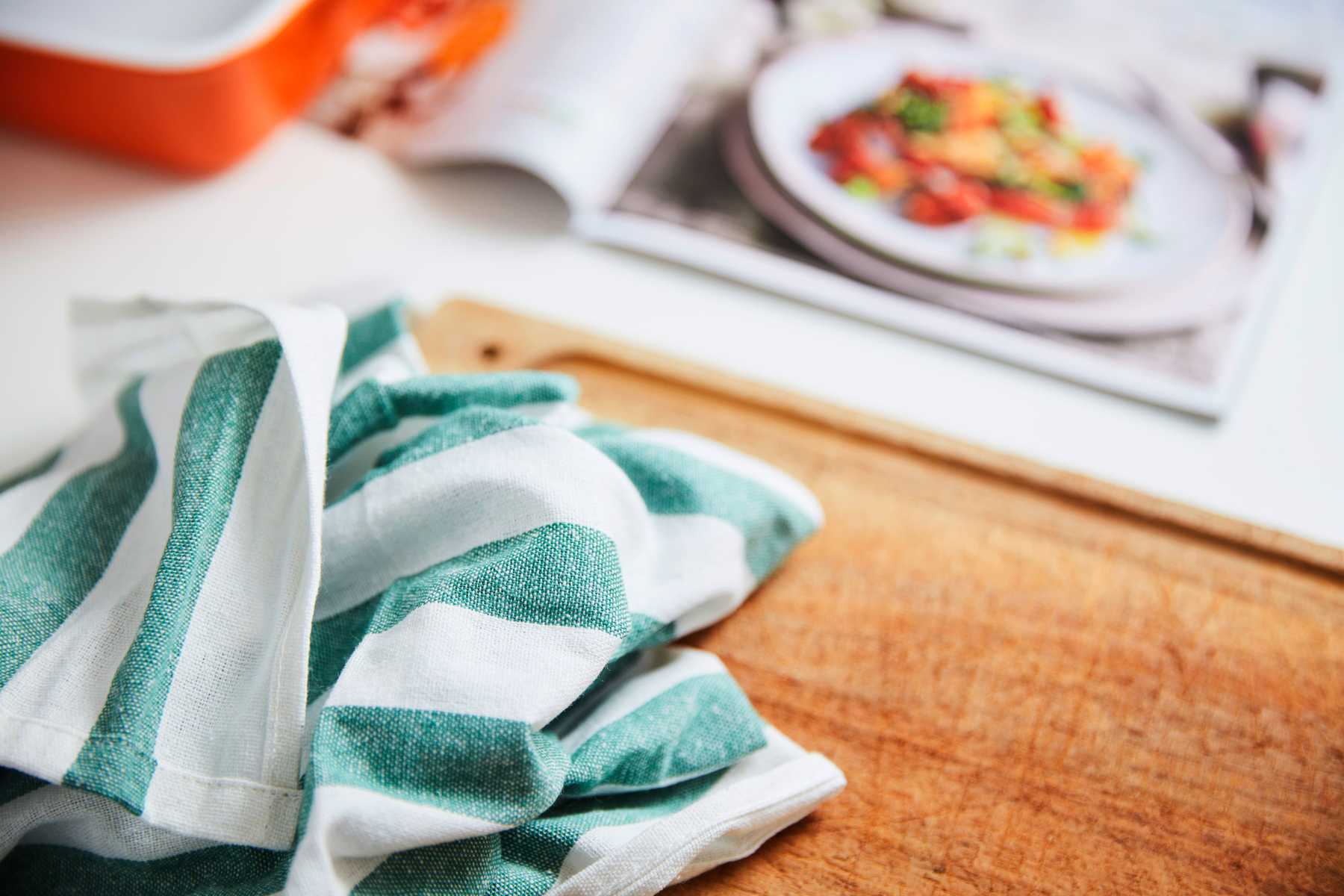
Cleanipedia | Simple changes like switching from paper towels to dishcloths to clean home surfaces can have a positive impact
Choose reusable water bottles instead that can be refilled with water from time to time. As part of this measure, also avoid using plastics and cans to store food because it is bad for your health. The chemicals in most canned food have been linked to cancer and other health issues. It is best to avoid them.

